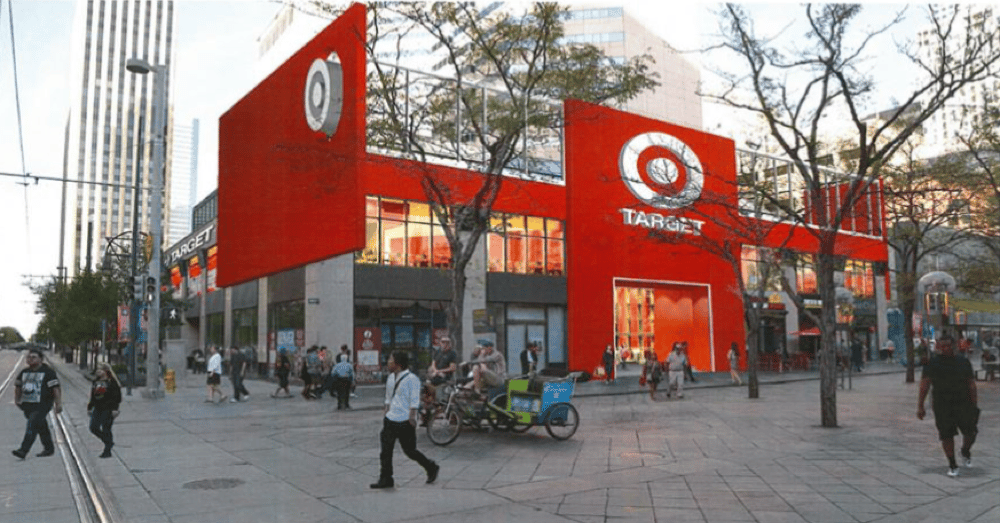
That's more than three times Denver's annual budget for business incentives, but Paul Washington, director of Denver's Office of Economic Opportunity, believes it's worth it.
Target isn't just a store, you see, but a major "catalytic" opportunity for the 16th Street Mall and for the city as a whole, Washington told the City Council's Business, Arts, Workforce, & Aeronautical Services Committee on Wednesday.
"If you look down the mall and you see H&M, you see Uniqlo, you see Target, it gives you that level of confidence that other retailers are making that bet," he said. And just as it's encouraging to see other retailers, "it’s discouraging if they look down the mall and see vacant spaces."
Target is in serious negotiations to take over the second and third floor of the California Mall building at 16th and California. The property is owned by 16 CAL LLC, an entity registered to the Gart Family, and while many of the first floor spaces have tenants -- all of whom are expected to remain -- the upper stories have been empty since the closure of the Eat Up food court in 2006.
Vacancies like this have vexed the city and the Downtown Denver Partnership for years even as thousands of pedestrians stream by below. And another thing that has vexed the city is what Washington called "profound retail leakage" that costs the city some $1 billion a year in lost tax revenue. If you live anywhere in central Denver, and you shop at the Target in Glendale, you're part of the problem. Or if you live in northeast Denver and shop at big box stores in Aurora. Putting a Target within proximity of some 20,000 downtown Denver residents, 25,000 Auraria campus students, 125,000 downtown worked and an estimated 10 million annual visitors would stop some of that leakage.
The incentive proposal calls for $2 million to go toward extensive tenant improvements, including those fancy escalators that you can put a cart on, and another $2 million to go back to Target over a multi-year period by letting the retailer keep half the sales and use tax generated on site. After that $2 million was paid out, a portion of the sales and use tax would go toward paying off the first $2 million.
Technically, the city isn't negotiating with Target but with the property owner, who would agree to not pursue redevelopment of the building for the next 20 years.
One of the long-term questions is how stable Target is. Warren Buffett made a splash this week -- and set off another round of speculation about the "death of retail" -- by pulling out nearly all of his investment in Walmart. Sears, JCPenney and Macy's are all closing hundreds of stores around the country, and some analysts consider the U.S. "over-stored," with 23.5 square feet of retail space per person, compared with 16.4 in Canada and 11.1 in Australia, the next two highest countries for retail.
Councilwoman Kendra Black mentioned the newish Target at Tamarac Square in her district.
"I don’t know how it’s doing, but there is never a line," she said.
And Councilman Kevin Flynn raised a different variation on that concern. When the Target in his district in southwest Denver left for Lakewood's Belmar development, the retailer put deed restrictions on the property to ward off potential competitors. Major retailers have looked at the site and said no thanks. It's now a 99 cent store. So what happens if Target tries downtown Denver and decides it's not working?
Washington said Target would likely place restrictions on potential replacements, but he still believes the location could attract a high-quality retailer. And in this case, he believes Target would have an incentive to find someone who could take over the lease payments.
"If we can add this trophy to our case, it sets us up for additional retail opportunities," he said.












